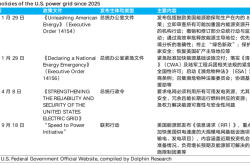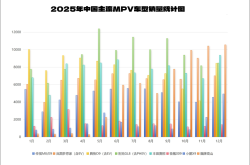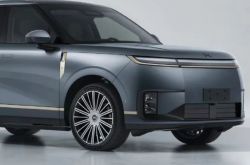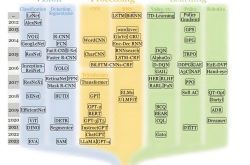This man is about to take over as CEO of Porsche China. Is it a last-ditch effort or a turning point?
![]() 07/22 2024
07/22 2024
![]() 587
587
Introduction
On July 20, Porsche announced via press release that Alexander Pollich will take over as CEO of Porsche China as early as September 1 this year, succeeding Michael Kirsch in the position.
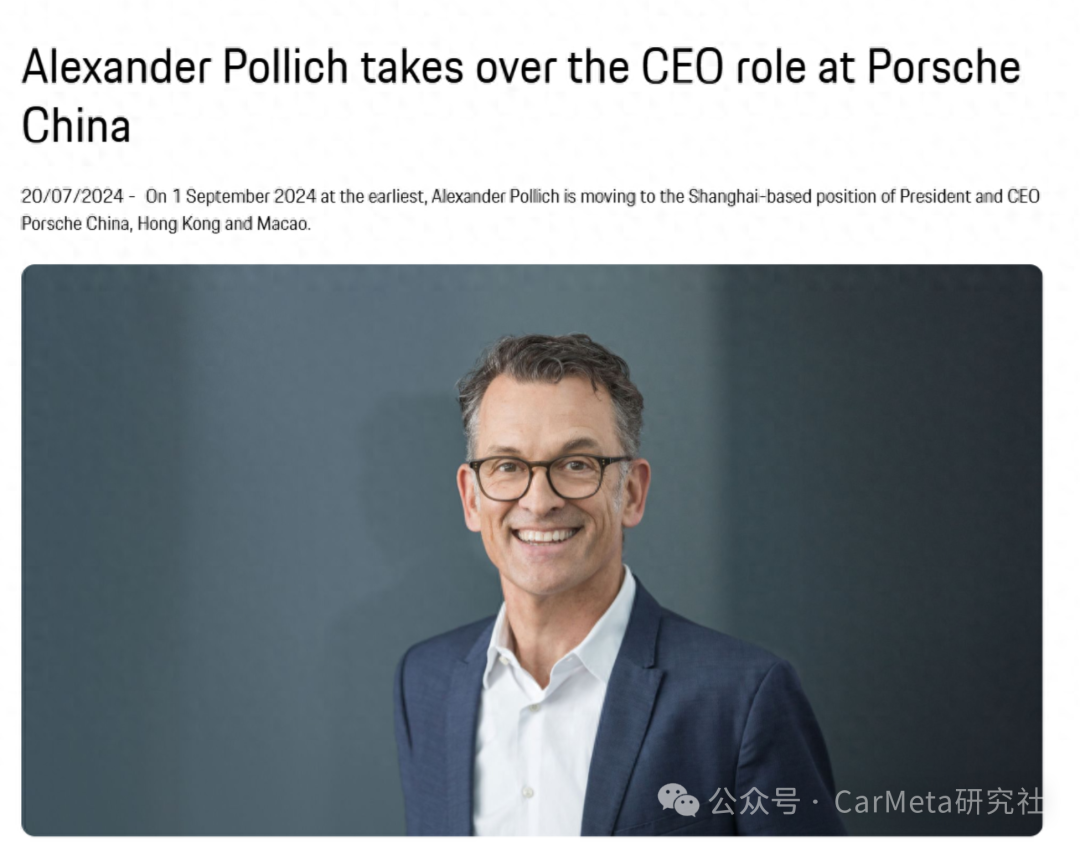
Pollich will ensure the current business operations of Porsche in China, with primary tasks including implementing a "value-oriented" growth strategy in line with the brand's image in the Chinese market. Additionally, he will deepen cooperation with dealer partners in China and further optimize internal processes and structures within the company.
Who is Alexander Pollich?
Pollich, a 57-year-old German, has been with Porsche for 23 years, holding various key management positions during this time.
Prior to his appointment as CEO of Porsche China, Pollich served as Chairman of the Executive Board of Porsche AG (2018-2024).
Before 2018, he was also CEO of Porsche Canada and the UK, successfully expanding the brand's presence in both regions.
Porsche Sales in China Decline by Nearly 1/3, CEO Takes the Blame and Change of Leadership
The previous CEO of Porsche China, Michael Kirsch, was once a prominent figure. However, less than three years into his tenure, he received a notice of leadership change and had to leave abruptly.
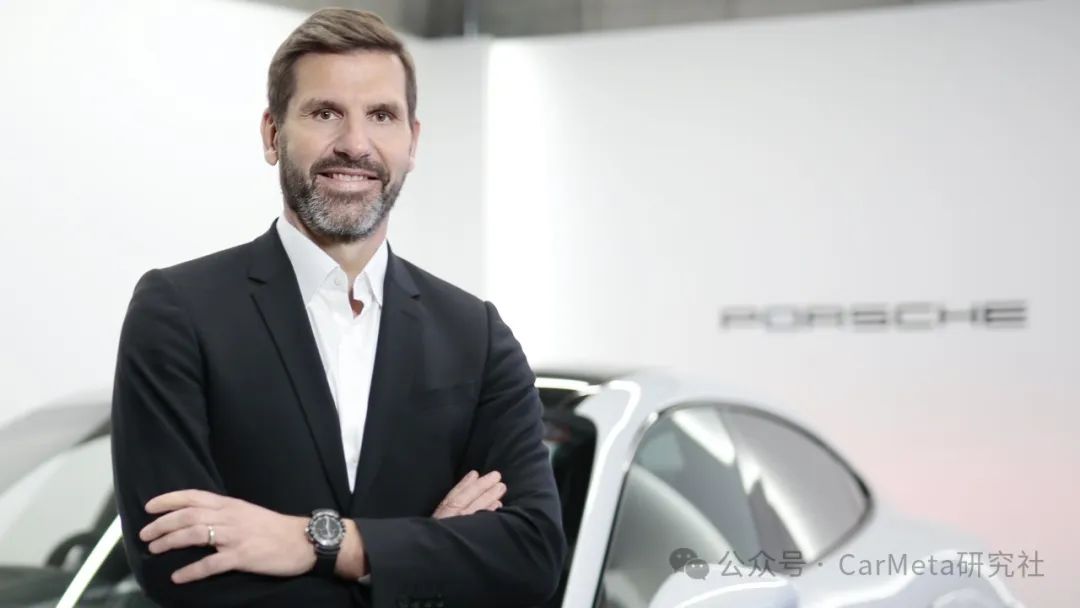
On June 1, 2022, Kirsch took over as President and CEO of Porsche China, overseeing operations in mainland China, Hong Kong, and Macau.
Unfortunately, his tenure coincided with the rapid growth of China's new energy vehicle industry, and Porsche was besieged by emerging domestic brands, resulting in a continuous decline in sales.
Looking at Porsche's sales figures in China, they have been declining year after year.
2022:
Global Deliveries: 309,000 units, up 2.6% YoY
China Deliveries: 93,000 units, down 2.5% YoY
China Market Position: The only market with a decline globally
2023:
Global Deliveries: 320,221 units, up 3% YoY
China Deliveries: 79,283 units, down 15% YoY
China Market Position: The only region with negative YoY growth, replaced by North America as the largest single market
First Half of 2024:
Global Sales: 155,900 units, down 7% YoY
China Deliveries: 29,600 units, down 33% YoY
Although global sales increased in 2022, China's market already showed negative growth.
In 2023, the downward trend in China intensified, with a YoY decline of 15%, making it the only market with negative growth for Porsche globally, causing it to lose its long-held title as "Porsche's largest single market".
Entering 2024, Porsche's sales decline in China further accelerated, with a 33% YoY decline in the first half. This significant drop indicates that Porsche is facing severe challenges in the Chinese market.
It is evident that Porsche's performance in the Chinese market is deteriorating, with continuous sales declines and challenged market position. Although there are many objective factors, someone must take responsibility, which is the most important reason for this leadership change.
Reasons for Sales Decline
1. Intense Competition in the Chinese Market
The rise of electric vehicles has directly led to the erosion of the performance advantages on which luxury brands rely: core dynamics and luxurious interiors.
In terms of intelligence, Porsche cannot compete with the new players.
2. Price Increases Against the Trend Do Not Work, Price Cuts and Promotions with Xiaomi Gifts:
In April this year, Porsche launched presales for the new Taycan and Taycan Turbo Cross Turismo, with the top-spec models increasing in price by up to 180,000 yuan compared to the previous models.
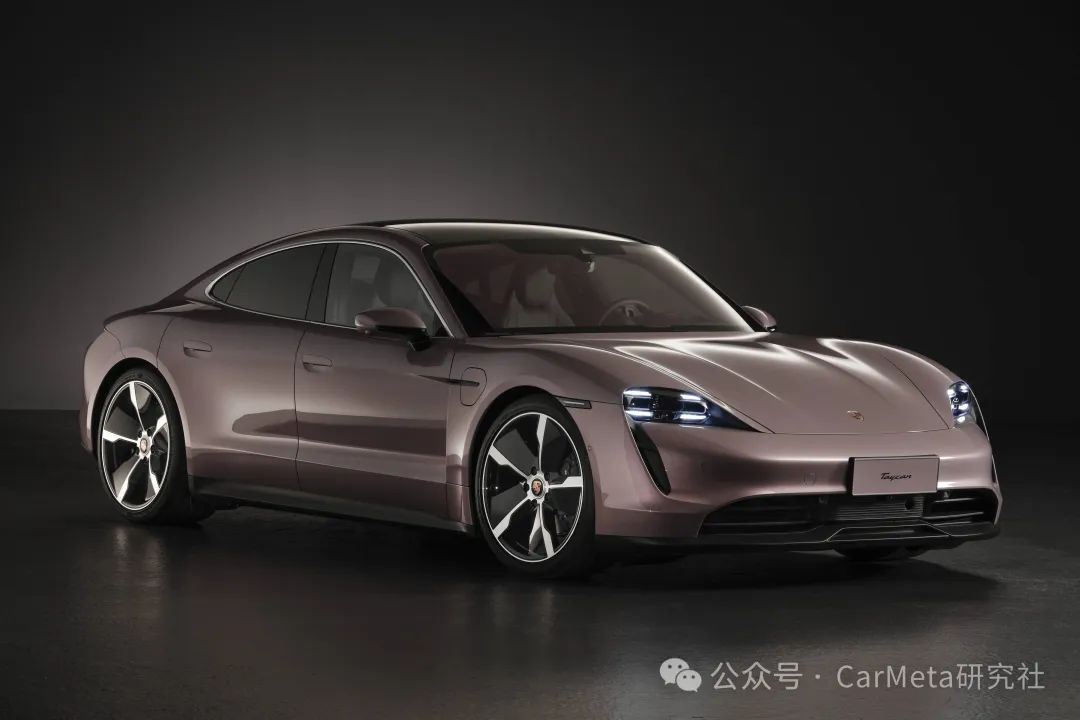
The price of the standard version of the Panamera increased by 100,000 yuan, and the long-wheelbase version by 70,000 yuan.
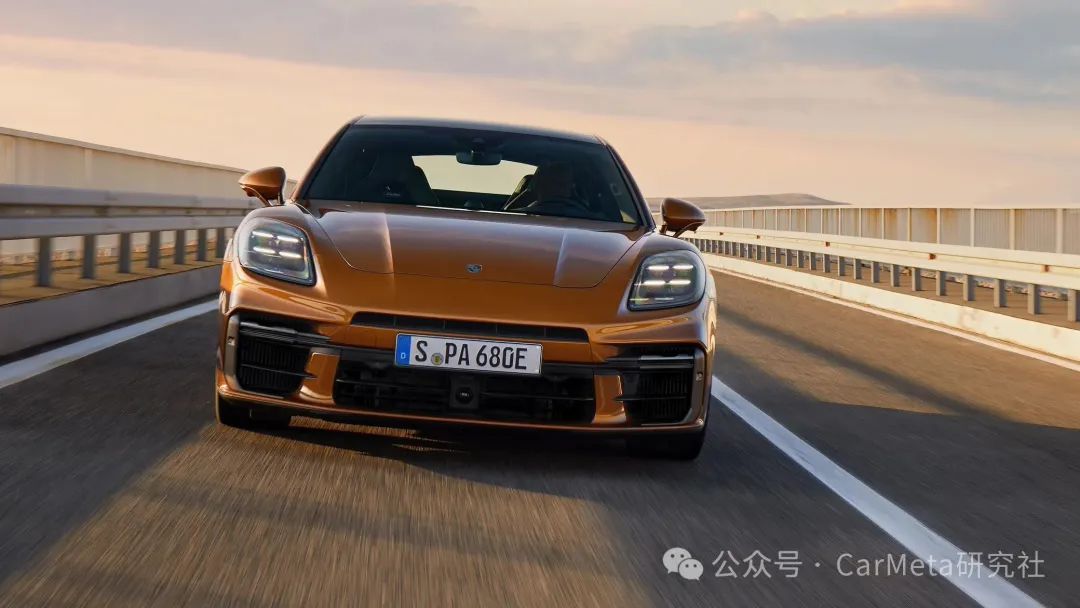
This approach of raising prices against the trend to increase profits did not successfully stimulate the interest of high-end customers (the more expensive, the more they buy), and this strategy failed.
Subsequently, in May, Porsche joined the price reduction trend: a store in northern China offered a promotion of "buy a Taycan and get a Xiaomi SU7" as a gift.
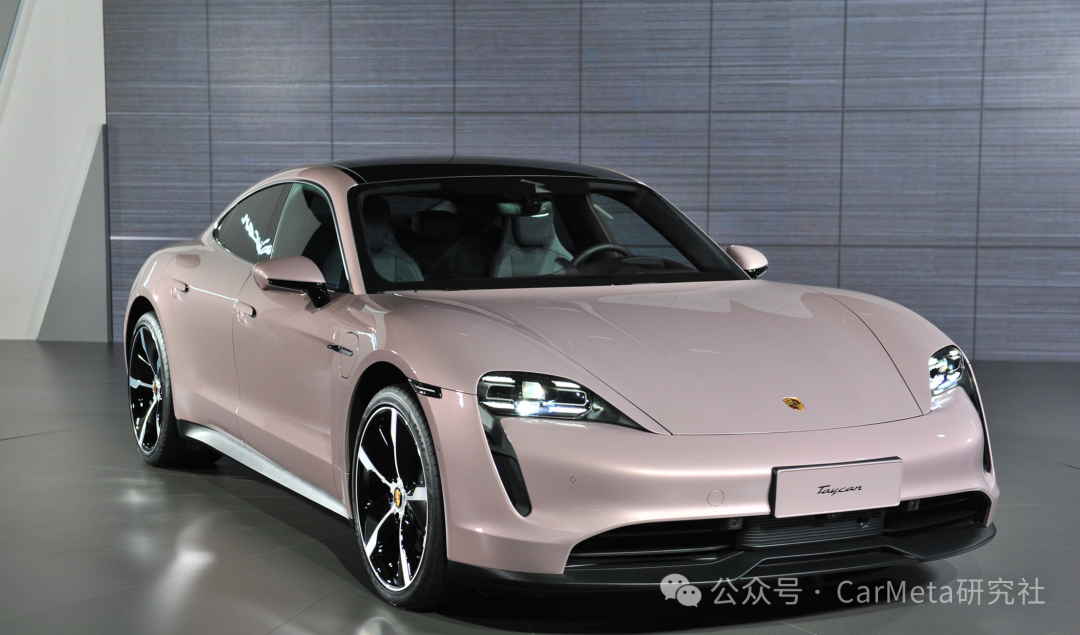
3. Dealers Reject "Inventory Pressure"
It is rumored that in May, Porsche China chose to "pressure" dealers to increase sales figures, leading to protests and boycotts from Chinese dealers who "pressed" Porsche's German headquarters.
With multiple factors combined, Porsche's sales decline is inevitable.
Conclusion
Porsche's position in the luxury market was unbreakable in the era of traditional gasoline-powered cars.
However, in the era of new energy electric vehicles, the supercar characteristics on which Porsche relied can now be achieved by electric cars costing over 200,000 yuan, leading to technological parity and diminished competitiveness.
Porsche's product strength in new energy vehicles is insufficient, and it lacks product appeal, resulting in a decline in its social attributes and capabilities.
As the third-largest IPO in Europe, Volkswagen-owned Porsche was listed on the Frankfurt Stock Exchange in September 2022 with a valuation of up to 75 billion euros, making it the most profitable luxury car brand in the world.
Now, Porsche has also reached a crossroads in China. How its future unfolds will depend on how this new CEO, a veteran of Porsche, plans its next steps.


